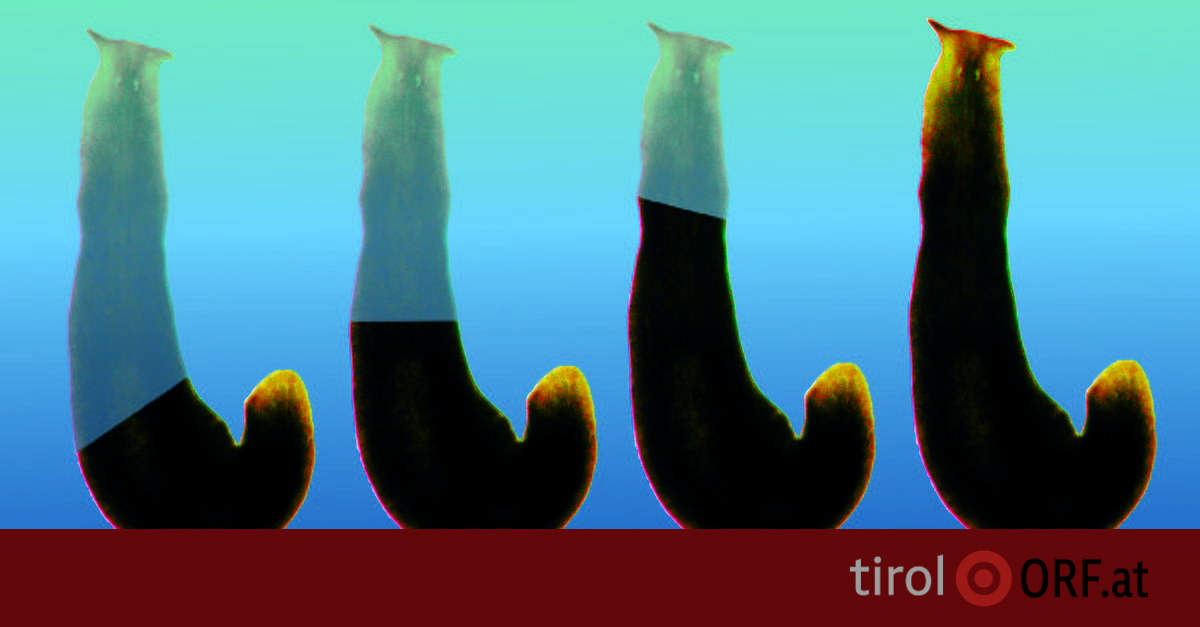Sciences
Flatworms can regrow their heads or lay many eggs. This was shown through a study in cooperation with Tyrolean researchers. It appears that some species had to choose one of the two characteristics during their evolution.
Flatworms, also known as planarians, can regrow entire animals from body parts. However, the ability to do so varies greatly between individual species. Schmidtea mediterranea species can regrow an entire animal from almost any part of the body. As part of the study, planarian species from around the world were examined.
The University of Innsbruck contributed samples from its collection
The study was led by Jochen Reinke and Mikkel Villa-Vary from the Max Planck Institute for Interdisciplinary Natural Sciences in Göttingen, examining more than 40 species of planarians. The University of Innsbruck also contributed five species from its extensive collection of planarians. Bernhard Egger and Alexandra Grossbosch from the Institute of Zoology at the University of Innsbruck also examined two species of planarian relatives in which regeneration is only weak. These animals are no longer able to recover from a certain part of their body.
Suddenly the animals were able to get their heads back
The study showed that there is a strong relationship between a specific signaling pathway and the ability to regenerate. In biology, a signaling pathway is a series of chemical processes through which an organism reacts to external stimuli. If researchers inhibited the production of a component of the signaling pathway, the protein beta-catenin 1, animals with poor regenerative capacity were suddenly able to regain their heads.
Evolutionary trade-off
However, beta-catenin 1 not only inhibits head regeneration but also promotes yolk formation. In the case of some planarians, the ability to regenerate the head competed with the ability to lay more eggs, explains Bernhard Egger.
The researcher therefore proposes the hypothesis that head loss is a rare event, and thus the ability to regenerate is treated as a “beautiful thing,” i.e. neutral, in evolution. “In a sense, it’s a kind of evolutionary trade-off for the ability to lay more eggs,” Egger says.

“Food practitioner. Bacon guru. Infuriatingly humble zombie enthusiast. Total student.”







More Stories
An Israeli delegation for ceasefire talks and hostage release in Cairo
A raid on AfD man Maximilian Krah
Missile problems prevent Starliner from taking off